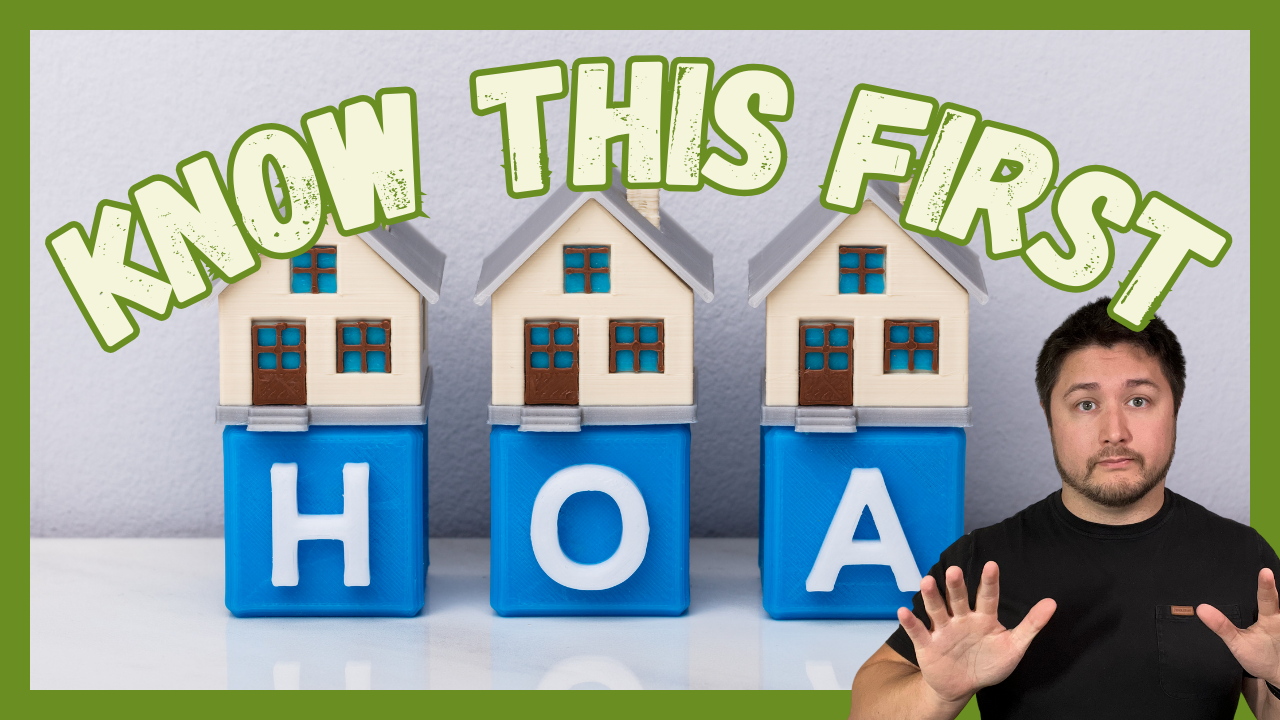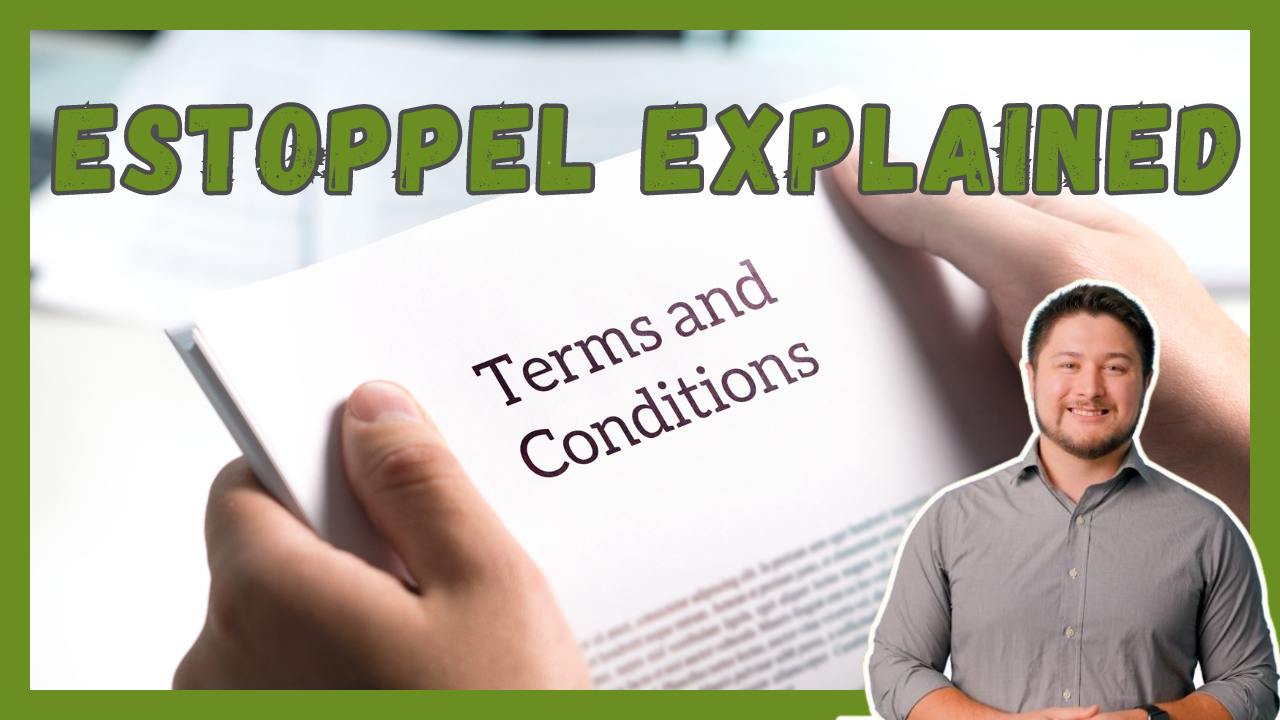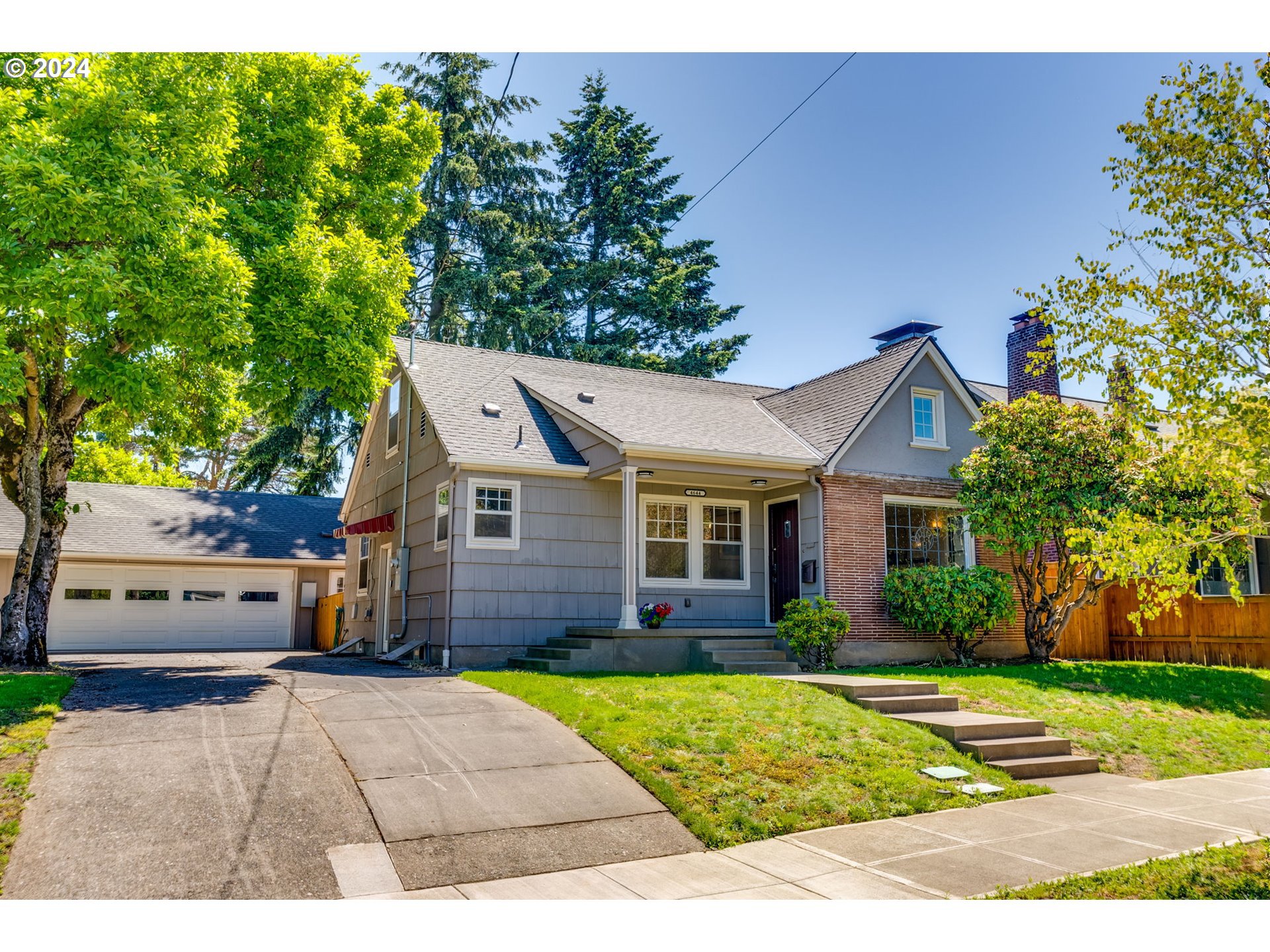“Is it a good time to buy a house?”
People always wonder when is the best time to buy a house. Many considerations go into answering this question – for example:
- Are mortgage rates favorable? Are they likely to go up or down?
- Are house prices likely to go up or down in the area in the near future?
- How much inventory is on the market in the area where I want to buy?
- Is the real estate market cyclical in the area where I want to buy?
All of these questions are important, and you can find many discussions of each of these questions with a quick Google search. I’ve put some thoughts below from my perspective as a real estate agent in Portland.
Where are mortgage rates likely to go?
Mortgage rates have improved since last year’s high of 7.9% (October 2023), and many people seem to think that they will continue falling slowly. Mortgage rates are generally influenced by the Federal Reserve, but also by rates of economic growth and inflation. Beginning in early 2022, with inflation concerns high, the Fed raised the benchmark federal funds rate (basically, the rate at which banks can borrow from each other), partially in an effort to curb inflation. This has contributed to rising mortgage rates. It’s hard for anyone to say exactly where mortgage rates will go in the future, because it depends both on how the economy in general does, and how the Federal Reserve reacts to concerns about inflation.
It’s helpful to remember that the extremely low mortgage rates we’ve seen since the Great Recession are somewhat of a historical anomaly. In the mid 1990’s, the federal funds rate was around the same level as it is now. Beginning in mid-2000, and continuing after the 9/11 attacks, the Federal Reserve lowered the federal funds rate drastically, culminating in a low of 1% in March 2004, in an effort to boost the economy. As the economy sped back up after that point, partially due to rampant subprime mortgage lending, the Federal Reserve increased the federal funds rate back up to around where it is now, and then after the subprime mortgage bubble collapsed in late 2007, resulting in the “Great Recession,” the Federal Reserve took the unprecedented step of lowering the federal funds rate almost to zero, where it stayed until it gradually began to increase in 2015.
When COVID hit, the Federal Reserve lowered the rate back down to zero, where it stayed until the Federal Reserve started increasing it in March 2022 in response to inflation concerns. This increase has leveled off at the current rate of 5.33%, and it is unknown where the Federal Reserve will go from here. All of this is really to say that where mortgage rates are going to go is difficult to predict even for financial geniuses. What’s less difficult to predict is the fact that we all need a roof over our heads. Also helpful in thinking about mortgage rates is that, if you get a mortgage, it’s going to stay the same unless you re-finance. So if mortgage rates go lower, you may have the option of taking advantage of those lower rates and re-financing later, and if they go higher, you are insulated from that increase because you already have a mortgage.
What about home prices?
Home prices are influenced not only by what mortgage rates are doing, but also by the housing inventory levels in your area. It’s a supply and demand thing. Stated simply, if mortgage rates are high and inventory is high, prices may decrease; but prices trend higher when demand increases and supply decreases. The housing inventory in the Portland metropolitan area has recently increased slightly from historically low levels, but is still low. More inventory can mean less competition for houses resulting in a market is more neutral or buyer-friendly, but because people who already have mortgages locked in at the historically low rates of 2020-21 may not yet be incentivized to make a move unless we see further decreases, the inventory has remained low, and prices haven’t seen much decline.
Is the Portland area real estate market cyclical?
The short answer is yes. Like everything else, the real estate market tends to lull during the holidays, then begin to ramp back up heading into February. This is especially true in Portland, because people generally don’t like to move here in the rainy season. The Portland market generally reaches its peak around April to June, and stays at a higher volume until August, when it gradually tapers down over the next few months. In the summer, you’ll potentially have more competition but more options. In the winter, you will likely have less competition but fewer home options. I would like to note here that while having more choice and looking at pretty gardens is fun, inspecting basements during the rainy season in Portland is an advantage not many consider, and they should.
So when should I buy?
While everything I explained above is important, at the end of the day the most important questions are very personal: why do YOU want to buy a house, and when does it make sense for YOU? If you currently have a great mortgage and would like to have a bigger house, maybe it’s not the best time financially, but maybe you have a growing family and you need the space. In that case, you need to decide how much it’s worth to you to get the right house for your family. If you are a cash buyer, now might be a great time to buy a house, because you won’t have so much competition, and you might get a great price on a very desirable house. If you’re looking to move out of a rental and into home ownership, and are financially flexible, it also might make sense to buy now. Because so much of it depends on each individual’s situation, consulting a buyer’s agent is key.
A buyer’s agent can help educate you so you can make the best decision for you and your family. After speaking with a great agent, you should feel more empowered, because you will understand all of these factors better. If the first thing an agent tells you when you speak to them is that it’s a great time to buy a house, without knowing anything about you, you might want to ask them why it’s a great time for you to buy a house, or find another agent.
If you are thinking about buying a house sometime in the future and are not sure whether to act now or wait for a little while, you can always take steps so you can make sure you’re ready when you feel the time is right. Check out my post about all the steps you can take now to be ready to put an offer on a house when it’s time!














